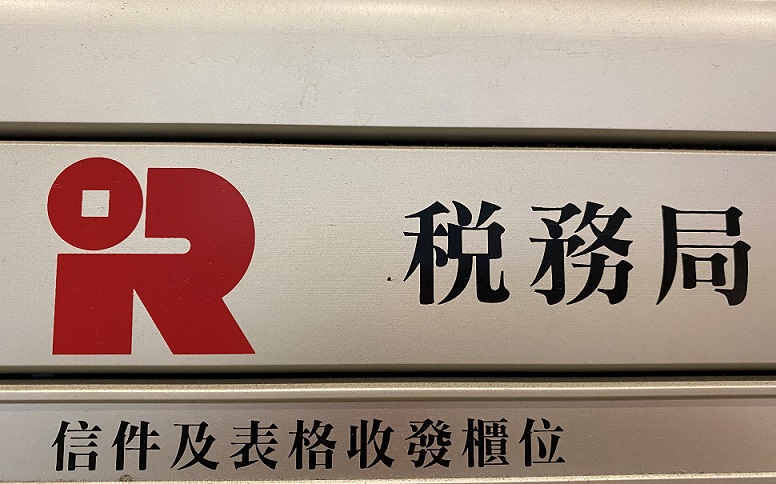
Filing Stamp Duty Refund Application: A Case Study
February 2021
Most people who purchase new flats would obtain a mortgage and that would involve making enquiries with banks, perhaps even prior to making the purchase or with any particular property in mind. One would also consider the stamp duty required to be paid, in order to figure out the total upfront payments required to become home owners. However, with first-hand residential properties, the whole process seems to be too streamlined and straightforward that one may overlook the details and the potential risks that may be involved. In Yau Sun Yee v Collector of Stamp Revenue [2021] HKCFI 88, the application of a purchaser of first-hand residential property who later sold his original property (“Applicant”) for stamp duty refund under section 29DF of the Stamp Duty Ordinance (Cap 117 of the Laws of Hong Kong) (“SDO”) was rejected on ground that the application was not made within the prescribed time limit. This article aims to illustrates the importance of paying attention to the time requirement in the case of stamp duty refund application.
With a view to cooling down the residential property market, the Government introduced double stamp duty in 2013 and further increased the rate of stamp duty to a flat rate of 15% (“Flat Rate”) in 2016. As an exemption, Hong Kong permanent residents (“HKPR”) who do not own any other residential property at the time of acquisition of the property (commonly referred to as “first time buyers”) will only be required to pay ad valorem stamp duty at lower rates known as “Scale 2” rates. Thereafter, to cater for the replacement needs of HKPR, a refund mechanism was incorporated. Section 29DF of SDO allows purchasers who purchase a replacement property to apply for refund of the difference of ad valorem stamp duty computed on Flat Rate and “Scale 2” rates after selling his or her original property in case certain conditions can be fulfilled.
On 31 October 2017, the Applicant in Yau Sun Yee entered into a formal agreement for sale and purchase (“Purchase Agreement”) to purchase a first-hand residential property (“Replacement Property”). Pursuant to the Purchase Agreement and similar to other pre-sale cases under the Consent Scheme, completion of the purchase of the Replacement Property would take place within 14 days after the date of notification to the Applicant that the vendor was in a position to validly assign the Replacement Property to him. The Applicant duly paid the ad valorem stamp duty on the Purchase Agreement in the total sum of HK$2,202,555 (which was computed based on the Flat Rate).
As at the date of the Purchase Agreement, the Applicant was the beneficial owner of another residential property (“Original Property”). Around one and a half year later on 11 March 2019, he entered into an agreement for sale and purchase (“Disposal Agreement”) in respect of the Original Property. Completion of the Disposal Agreement took place on 15 April 2019.
The Purchase Agreement was completed on 20 November 2019 (i.e. over two years from the date of the Purchaser Agreement) and, five days thereafter, the Applicant attended the Stamp Office to apply for partial refund of ad valorem stamp duty in the sum of HK$1,651,916 (being the difference of ad valorem stamp duty computed on the Flat Rate and “Scale 2” rate at 3.75%). His application was rejected and the Applicant commenced judicial review proceedings against the rejection of his application.
Section 29DF of the SDO sets out the deadlines for application of partial refund:
(1) the Original Property must be disposed of within 12 months after the date of conveyance on sale executed in conformity of the applicable instrument (“Disposal Deadline”); and
(2) the application of refund must be made no later than (i) 2 years after the date of the applicable instrument; or (ii) 2 months after the date of conveyance on sale under which the Original Property is transferred or divested, whichever is later (“Application Deadline”).
In the present case, the “applicable instrument” should be the Purchase Agreement, so 2 years after the Purchase Agreement should be 31 October 2019; and that conveyance on sale under which the Original Property was transferred or divested was the date of Completion of the Disposal Agreement on 15 April 2019 so 2 months thereafter should be 15 June 2019. Therefore, prima facie, the Application Deadline under section 29DF of SDO had been passed when the application for refund was made on 25 November 2019.
The Applicant argued that the Application Deadline under section 29DF of the SDO was not applicable to his case. The Original Property was disposed of on 15 April 2019 which is before (instead of after) the conveyance of the Replacement Property and this scenario was not envisaged under section 29DF(3)(a) and (5)(b) of the SDO. The application of refund, which was lodged only 5 days after the date of conveyance of the Replacement Property, was made within time. The Applicant also put forward an alternative argument that the Collector had a discretion to entertain an application made out of time.
The Court highlights that the Government has considered the concern that agreement for sale of uncompleted residential properties could be entered into up to 30 months prior to the anticipated completion date under the Consent Scheme and made amendments to the bill. The Disposal Deadline was extended to 12 months (as opposed to 6 months in the original bill) from the date of conveyance of sale executed in conformity of the applicable instrument. The Application Deadline was expanded to include limb (ii), namely, 2 months after the completion of the date of conveyance on sale under which the original property is disposed of. These provisions allow more flexibility for HKPR to replace their residential properties.
Upon analyzing the legislative history of section 29DF of the SDO, the Court finds that the time requirements under subsection (3) (i.e. the Application Deadline) should be complied strictly and that the Collector has no discretion to extend or waive the time requirement for refund application. The right to apply for refund is lost if the refund application is not made within the prescribed time period and this application for judicial review was dismissed by the Court of First Instance.
This case highlights that the Application Deadline for stamp duty partial refund application under section 29DF of the SDO is independent of the completion date of the purchase of the replacement property and one should pay particular attention when purchasing uncompleted first-hand residential properties where there could be a lengthy presale period.


